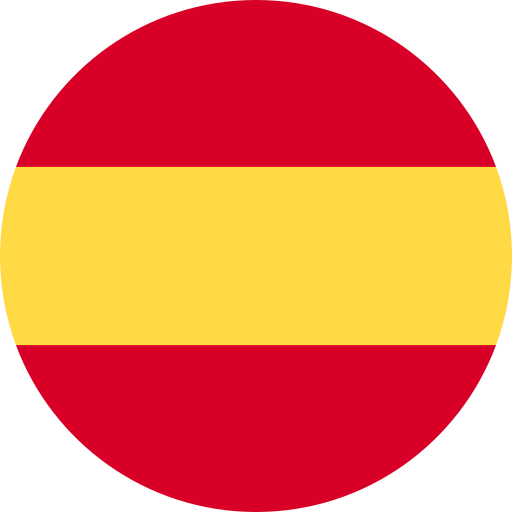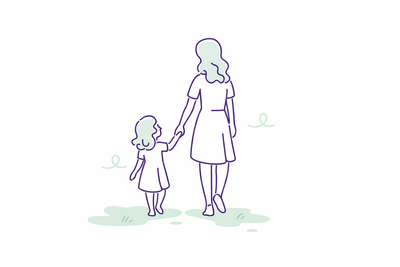
Although I almost always write about the practical aspect of Montessori, because I believe it’s a great way to start implementing it in our lifestyle, I don’t want you to think that Montessori is just that.
The most important part in Montessori is the transformation of the adult, because the education of our children starts from the parents.
So today I’d like to tell you something that I find crucial to raise our children Montessori: expose limits in a positive way and always explain the consequences.
What does it mean to expose limits in a positive way?
It means to stop saying the classic NOs, forget those unfounded threats, and instead explain to your children what they can or can’t do in positive way, laying down the consequences.
For example, instead of saying ”don’t leave your toys on the floor” we can explain that “if we leave our toys on the floor, we can step on them and break them” or that “when we look for them next time, we might not find them”.
Of course, one thing is exposing the limits, and a different thing is that our children agree with those limits.
Respecting the child's natural stage of development
It’s very important we keep in mind that children begin to understand limits when they’re about 1.5 years old, and that they are fully prepared to respect them when they’re 5-6 years old.
Until then, it’s very common (and understandable) that sometimes they decide to respect the limits we give them, other time they simply prefer to ignore them. When this happens, it’s also important that we parents remember that our children are not trying to test us or challenge us (although I know it often feels that way), they’re simply unable to understand or obey yet.
We have to respect their natural stage of development, possibly without labelling them “naughty” or “bad” when they do something we had asked them not to do. We’ll explore “labels” more in another post.
Does this mean we shouldn't set limits before our kids are ready to understand them?
No. Limits are healthy and make children feel more secure. Parents also need limits, because as Maria Montessori said, “limits are more efficient when they’re the same for everybody, including the adults”.
By setting limits early, we also give ourselves more time to understand what limits are important to us and practice what words to use to enforce them.
When our kids will be old enough to understand and respect the limits, the way we express them will make a big difference. Here’s three simple rules you can follow to set limits for your children (and yourself).
- If your child is under three years of age, give a single limit that is very clear. If the limit makes sense, the child is more likely to accept it. For example: You can do whatever you want, as long as you don't hurt anyone. This is a very simple limit to understand and it is explained with clear words.
- Turn every sentence into a positive one. Take the most common sentences you say every day and turn them around to expose them in a positive way. Here are some of our examples:Don't stand on the couch -> We only stand on the floor on the ground Don't touch Colbie's bowls -> Only Colbie can use Colbie's bowlsDon't put your fingers in your nose -> If you have a snotty nose, you can take a tissue and wipe itDon't touch the iPad -> The iPad is mummy's and you can use it only with mummyDon't throw food onto the floor -> We either eat our food or we put it back on the plate
- Try to avoid as much as possible the traditional threats parents say and never meet: "If you don't tidy up, you're not going to your friend's birthday party!". These threats have no substance (you will most likely go to the birthday party anyway) and the child learns to recognise them very quickly. Instead, we try to explain the consequences of our actions.If you don't tidy up, you're not going to the party -> If you don't tidy up, we'll be late to the party and we'll miss part of the funIf you don't turn off the TV, tomorrow we won't go to the park -> If we watch too much TV, we don't have time for other activities like going to the park, playing with toys, watering the plants…
It takes a lot of practice, and the most difficult part is that you won’t see the results right away, but if you persevere you will see the benefits in the near future and living with your little humans will be easier and more enjoyable. As in everything, consistency is the key.
































